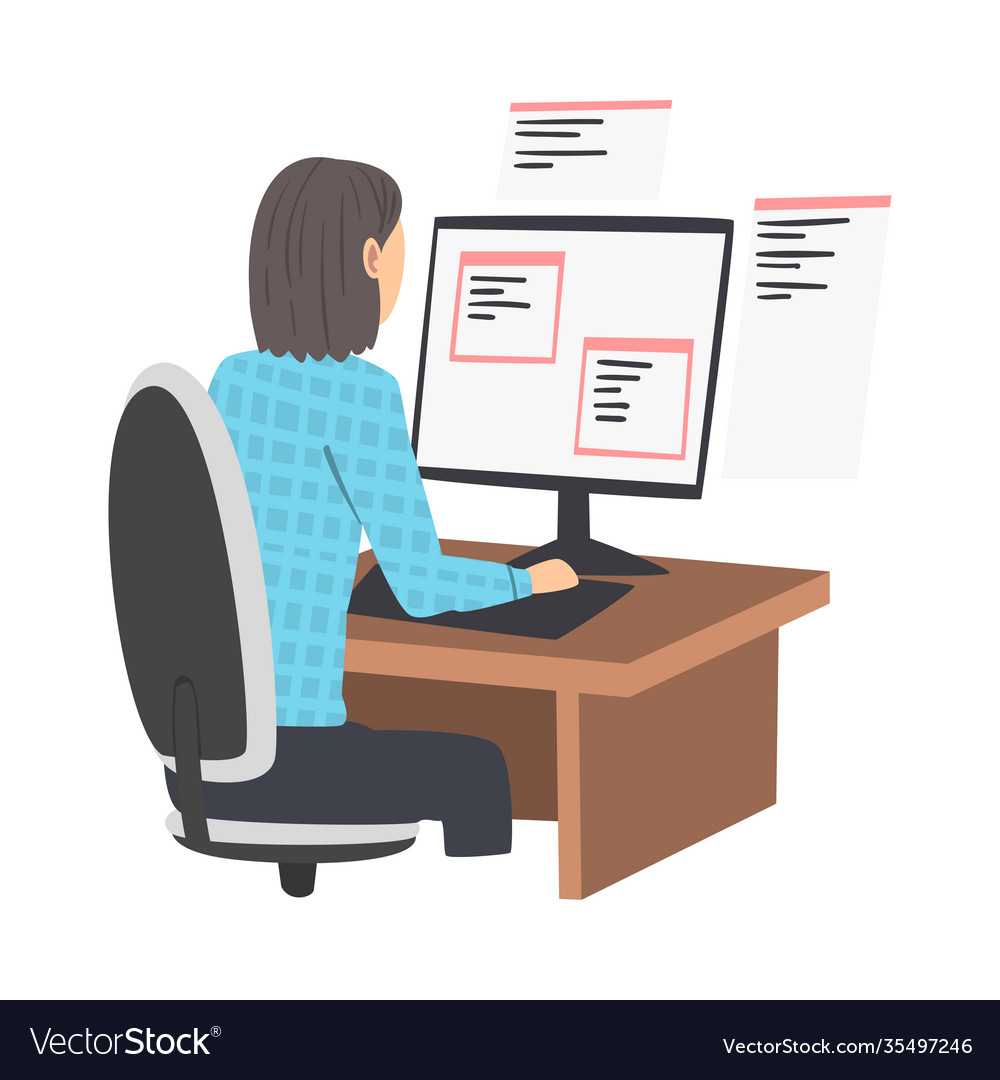Devoted Developers vs. In-House Teams: Which Is Right for You?
The choice between making use of specialized programmers and preserving an internal group is a considerable one that can affect the trajectory of your jobs and total business method. Dedicated developers offer a degree of versatility and specific competence that can be beneficial for specific, short-term campaigns. Conversely, internal groups add to a natural firm culture and a nuanced understanding of long-lasting goals. By examining important variables such as budget plan, task extent, and wanted control, you can much better identify which strategy lines up with your organizational demands. The implications of this selection expand past instant results-- think about the broader effect on your service landscape.
Understanding Dedicated Developers
The growing demand for specialized abilities in the tech sector has caused the introduction of specialized programmers as a viable solution for numerous companies. These specialists are typically contracted on a job basis, allowing companies to leverage specific knowledge without the long-term commitment connected with full-time hires. Dedicated programmers are frequently ingrained within a client's group, providing versatility and scalability to fulfill task requirements.
This design allows companies to access an international talent pool, which is especially advantageous in a rapidly evolving technical landscape. Committed designers can be sourced from numerous geographical locations, guaranteeing that companies can find the best skill established at competitive rates. They typically bring a wide range of experience and understanding, having worked on diverse projects throughout various industries.
Moreover, dedicated programmers can focus solely on the jobs available, enhancing efficiency and efficiency. They are geared up to incorporate effortlessly right into existing workflows, working together closely with in-house teams to attain job goals. This strategy not just reduces the worry of recruitment and training but also allows companies to stay active, adapting rapidly to transforming market demands and technical developments.
Benefits of In-House Teams

Moreover, in-house teams tend to have a much deeper understanding of the firm's goal, values, and objectives. This positioning can enhance worker interaction and motivation, as group participants feel much more linked to their job and the company's success. Furthermore, having a dedicated in-house team permits for far better alignment of approaches and goals, as these participants are regularly concentrated on the company's priorities.
Internal groups also assist in quicker decision-making procedures, as they can react extra quickly to challenges and changes. The recognized partnerships and knowledge with firm protocols allow for structured process and decreased miscommunication. Eventually, the mix of a cohesive culture, positioning with business objectives, and effective communication makes internal teams a beneficial possession for lots of companies, specifically those aiming to grow long-term growth and technology.
Expense Considerations
When assessing price factors to consider, both internal teams and devoted developers existing distinct economic ramifications for organizations. Engaging devoted designers generally entails a pay-per-project or hourly rate version, which can be cost-efficient for services with fluctuating job demands. This method permits flexibility in scaling resources up or down, making certain that business only pay for the services they need.
In comparison, in-house groups entail dealt with expenses, consisting of wages, advantages, and overhead expenses such as office and devices. While this design provides higher control and prompt schedule of resources, it might cause greater long-lasting expenditures, particularly if content the workload does not justify a full time personnel.
Additionally, business need to think about the hidden costs associated with recruitment and training of in-house staff members, which can further strain spending plans. In many cases, the moment and resources spent on taking care of an in-house group can detract from the organization's core company purposes.

Task Administration and Flexibility
Task administration and browse around here versatility are important aspects that affect the selection in between dedicated developers and in-house groups. Dedicated programmers usually offer a high level of adaptability, enabling organizations to scale sources up or down based on task needs. This dexterity can be especially beneficial for services experiencing rising and fall workloads or those looking for to innovate quickly. Committed teams often have actually established processes for taking care of projects efficiently, leveraging specific techniques like Agile or Scrum, which promote repetitive progress and flexibility.

Inevitably, the selection between internal groups and dedicated designers pivots on the desired degree of flexibility and the particular project administration needs. Firms need to assess their functional characteristics, job complexity, and source schedule to identify which choice aligns best with their strategic objectives.
Making the Right Option
Picking the right advancement approach-- specialized programmers or internal groups-- needs a cautious analysis of various elements that align with a business's calculated goals. Conversely, internal groups can provide better continuity and combination with existing employees.
Next, review your spending plan. Devoted developers commonly offer an affordable remedy for temporary jobs, while internal groups might incur greater long-lasting expenses because of salaries, advantages, and expenses expenses. Evaluate the level of control and cooperation desired; internal groups typically foster more powerful communication and alignment with company society.
If prompt outcomes are necessary, dedicated programmers can be onboarded quickly, whereas developing an in-house team takes time for employment and training. If constant development is essential, spending in an in-house team may yield far better returns over time.
Conclusion
In verdict, the choice in between committed programmers and internal groups hinges on task requirements and organizational goals. On the other hand, internal teams grow a natural culture and deeper placement with long-term objectives.
The choice in between making use of specialized developers and preserving an in-house group is Read Full Article a significant one that can impact the trajectory of your tasks and general service technique.Task monitoring and flexibility are crucial variables that influence the choice between internal teams and dedicated programmers. software development staff augmentation.In comparison, internal teams might succeed in maintaining a consistent job management structure due to their familiarity with the company's culture and long-term objectives. Devoted designers frequently provide a cost-efficient service for short-term jobs, while internal teams may sustain higher long-term costs due to wages, advantages, and expenses prices.In verdict, the choice in between in-house groups and specialized developers pivots on project needs and business purposes